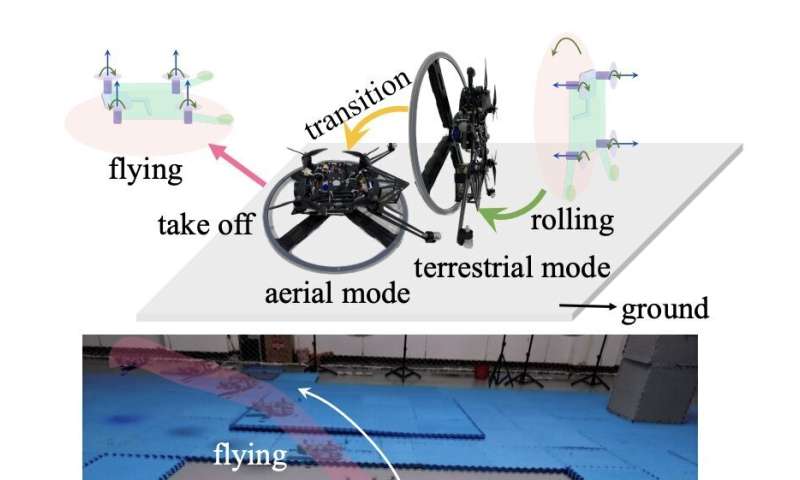Best of Last Week—New way to detect lies, a hybrid unicycle, plastic rocks found on remote island

It was a good week for biology and human behavior research as a team at the University of Amsterdam's Leugenlab discovered a new way to approach lie detection—studying the words while ignoring the behavior surrounding them. Also, a team with members from Indiana University, Loyola University Chicago and the University of Alabama, found that healthy men who have vaginal sex have a distinct urethral microbiome. During intercourse, some of the microbes in the vagina migrate into the male's urethral tract. And a pair of animal behaviorists with the Australian National University wondered why do animals living with humans evolve such similar features? Ben Gleeson and Laura Wilson came up with a new theory that suggests it has more to do with loss of preexisting characteristics than taking on new ones due to the presence of humans.
In technology news, a team of environmentalists at the University of South Australia proposed a strategy for developing environmentally friendly ways of getting rid of solar panels at the end of their useful life, which involves introducing incentives to make them more recyclable. A team with members from Switzerland, the U.S. and Sweden cracked a metal 3D-printing conundrum, possibly propelling the technology toward wider application. While testing particle accelerators and X-ray beams, they learned more about how combined metals behave as they cool. Also, a combined team from Jiangnan University and Tsinghua University, developed a photocatalyst that can produce hydrogen peroxide from oxygen and water. And a team of engineers at Zhejiang University designed and built a hybrid unicycle that can move on the ground and also fly.
In other news, a team of medical scientists at the Institute for Systems Biology used deep-learning models to more accurately predict variations of biological BMI than traditional measures of BMI alone, an approach that could lead to a more useful representation of metabolic health. Also, a team of geologists from several institutions in Brazil discovered plastic rocks on Trindade island, off the coast of Brazil. The island is one of the remotest on the planet and shows the extent to which plastics have traveled. And finally, a team of medical scientists at the University of Helsinki, developed a nasal spray that protects against coronavirus infection, including recent immune-evasive variants.
© 2023 Science X Network